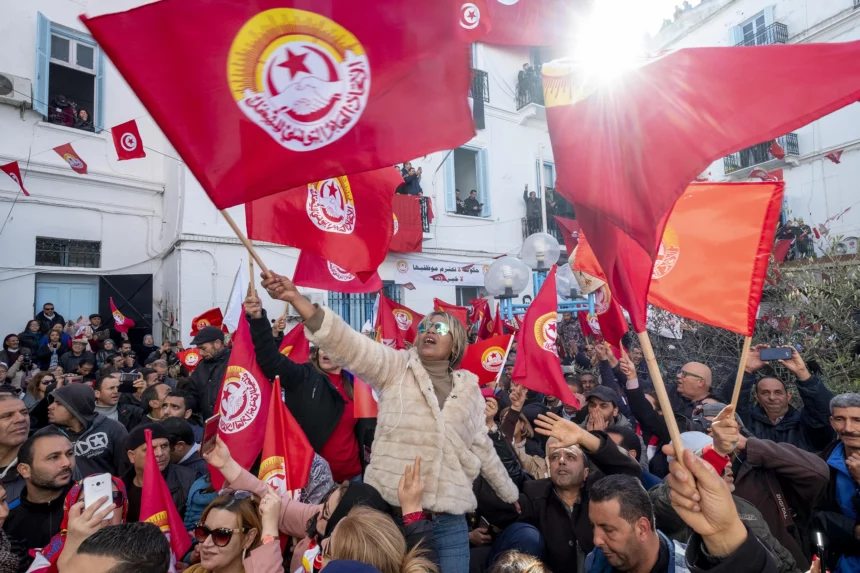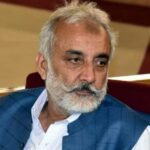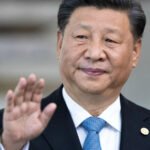A week out from elections for the new parliament he helped create through constitutional reforms, hundreds of Tunisians rallied against President Kais Saied on Saturday, calling him an unconstitutional coup leader.
The majority of political parties opposed Saied’s efforts to rewrite the constitution and allow the presidency more authority when he shut down the previous parliament the previous year and ruled by proclamation.
Protesters screamed “Saied get out!” as they marched through Tunis’s city centre on Saturday.
Saied has frequently stated that he will not turn into a dictator and that his actions were both legal and essential in rescuing Tunisia from years of disaster but the political gridlock caused by a split parliament and an unsteady government had made Tunisians more and more irate in recent years.
Elections for a new, weaker parliament established by Saied’s constitution, which was approved by a low-participation plebiscite in July, will take place on December 17.
Senior politicians from parties opposed to Saied were among the speakers at the demonstration who argued that the election was fraudulent and called for a boycott.
Said Benarbia, regional director of the International Commission of Jurists, issued a warning that the new constitution “defeats the entire principle of division of powers and checks and balances.”
According to him, the “proposed constitution” “produces an unchecked presidential government, with an omnipotent president, a weak parliament, and a feeble judiciary.”
The alliance’s leader, Ahmed Nejib Chebbi, stated its position in September: “The polls will be held under a body that is not neutral and is loyal to the ruling authority.”
Many Tunisians are much more concerned with the escalating economic crisis and dangers to the public finances, which have resulted in wage delays and the possibility of shortages of essential subventioned commodities.
Saied continues to have support from Tunisians who view him as a shield against political elites whom they hold accountable for the nation’s deplorable economic situation over the ten years following the overthrow of former President Zine El Abidine Ben Ali in a 2011 revolution.
The cause
To protest against the president, thousands of demonstrators have flocked to the streets of Tunisia’s city and in Tunis, protests by political movements that are bitterly opposed to one another were held simultaneously.
Kais Saied was criticised by both groups as an autocrat who is rolling back the democratic gains made during the 2011 revolt.
Additionally, they sought responsibility for the nation’s financial downturn, which resulted in a shortage of food and fuel.
Opponents of Mr. Saied claim he attempted to restore an autocracy—a form of government where one person has unlimited power—in Tunisia by orchestrating a coup.
After dismissing the prime minister and dissolving the legislature in July 2021, Mr. Saied forced through a constitution that established his one-man rule a year later, following a vote that the major opposition parties boycotted.
After Tunisia’s fall of late dictator Zine al-Abidine Ben Ali in 2011 during the Arab Spring, a new constitution that had been written in three years was replaced.
It granted the head of state total executive authority, overall control over the army, and the power to form governments without parliamentary consent.
According to Mr. Saied, it was necessary to end a cycle of political inaction and economic decline however, his reforms would assure a better future and were being carried out in the spirit of the 2011 revolution.
His supporters applauded his actions and argued that the nation required a powerful leader to combat what they perceived to be a fractured and corrupt system.
One of the marches was organised by the National Salvation Front, an alliance of opposition groups that included the Ennahda party, which had previously dominated the Tunisian parliament before Mr. Saied disbanded it.












